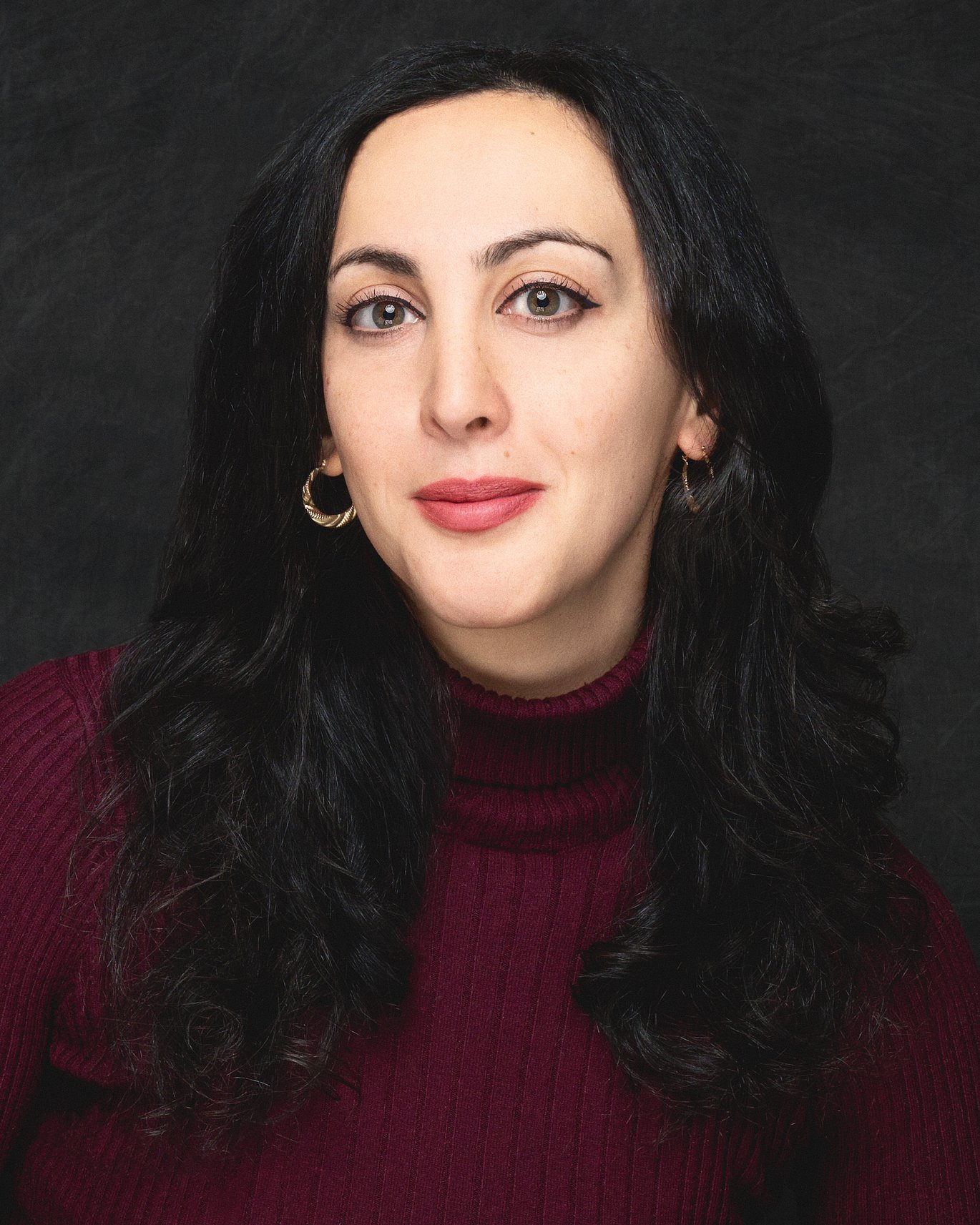Public Talk by Lindsay Weinberg: AI, Academic Labor, and the Politics of Refusal
Under what circumstances (if any) should educators refuse to engage with AI tools? Is refusal even possible, and if it is, is it desirable?

Info about event
Time
Location
DPU Aarhus, Nobelparken, Jens Chr. Skous Vej 4, building 1483, room 616 with videolink to DPU Emdrup, Tuborgvej 164, 2400 Copenhagen NV, room D120
AI tools are being integrated into higher education at a rapid pace, often without time for university communities to meaningfully deliberate about whether these tools should be used for teaching, learning, or university-related decision-making. These tools are transforming faculty working and student learning conditions in ways that reflect embedded values and assumptions about what the mission of higher education should be, and what its future should look like.
In this talk, we’ll consider under what circumstances (if any) should educators refuse to engage with AI tools? Is refusal even possible, and if it is, is it desirable? Drawing from feminist thinkers who imagine refusal as a way to open up and insist on a radically different future, this talk argues that it's crucial for educators to have the power to refuse the use of unethical AI tools on their campuses. A collective capacity to exercise refusal is needed for countering the corporate consolidation of control over the terms and priorities of AI research and development, and over higher education in the age of the neoliberal university.
Lindsay Weinberg is a clinical assistant professor in the John Martinson Honors College and Director of the Tech Justice Lab at Purdue University. Her research and teaching are at the intersection of science and technology studies, media studies, and feminist studies, with an emphasis on the social and ethical impacts of digital technology. Her book Smart University: Student Surveillance in the Digital Age examines the proliferation of digital tools for higher education governance, and their impacts on marginalized people within and beyond the university’s walls.
